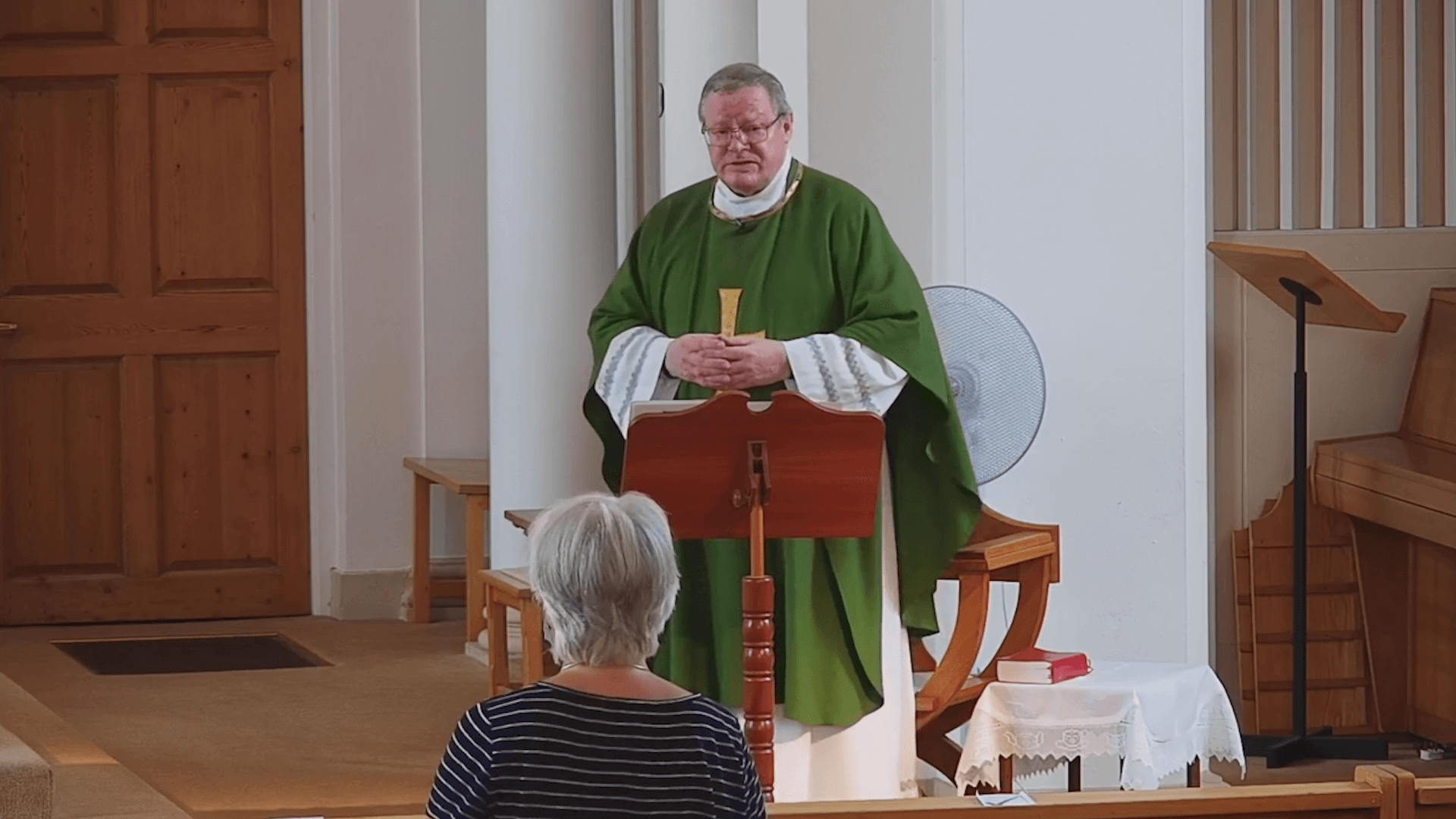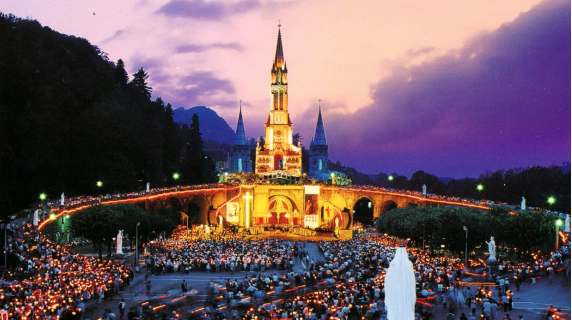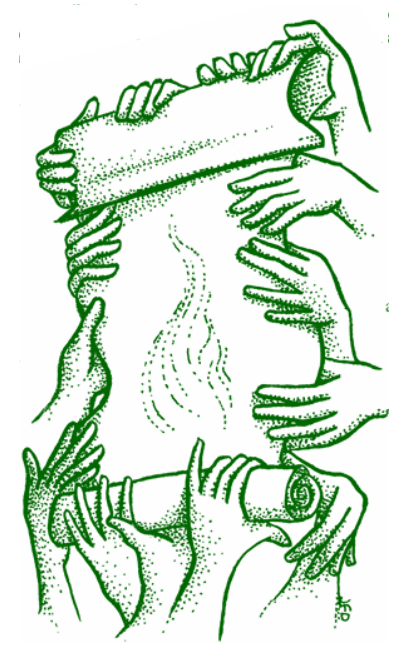










In this weekend’s gospel Jesus continues to speak reassuring words about love. He knows the unspoken questions in the hearts of his disciples - not only those around the Last Supper table, but all those of future generations. How will we be able to do what we heard Jesus tell us last weekend: love one another as he has loved us? “Whoever loves me will keep my word,” says Jesus, and this word is what he received from the Father who sent him. Obedience and love are bound together, not by any external law, but by the love that Jesus lived and now speaks to our hearts from the depths of his heart. He is in our hearts, to be loved freely, without compulsion. Jesus is present and loved when his disciples remember his words and release them from the past by allowing them to make a claim on their present and their future.
Nostalgia for what life was like when Jesus was present in first-century Palestine imprisons us in the past. The new way of remembering him will be powerful, real, and yet invisible, as present as the lifegiving air we breathe. Jesus names this Parakletos, the Paraclete, as the Holy Spirit. The word parakletos has been variously and richly translated as ‘encourager,’ ‘advocate,’ counsellor.’ The Holy Spirit is all of these for Jesus’ disciples, individually, and corporately as church. The Spirit is both conservative and creative, the memory and future of the church, enabling us to reach back into the memory of what Jesus said and did and bring this to that life, which is constantly renewed with new understanding and experience of his mystery.
On this night of gifts, Jesus next offers his disciples the gift of peace. As with the new love commandment, this peace is also new; it is not sentimental, complacent, secure, or conflict-free because it is, Jesus says, “my peace” - a peace that comforts the afflicted and afflicts the comfortable. It is a gift given not in the context of cosy table talk, but on the cold eve of his death, when one friend has already become an enemy and left the companionship of the table, and Jesus is saying his last goodbyes to those who, with one exception, will fail to stand by him during his passion and death. He assures them that they should not be afraid but find new courage in his peace. This peace is shalom, the right relationship that flows from our loving union with God through Jesus and the Holy Spirit. The Holy Spirit makes connections, establishes unlikely partnerships, and breaks down barriers between people - if we are open and welcoming to the Spirit’s advocacy for this in us.
Jesus’ life has ben all about God who sent him, not about himself, and in this sense he can say, “The Father is greater than I.” Jesus is leaving his disciples because of his obedient love of the Father that will take him through death into the glory of the resurrection that the Father will bestow upon him. Jesus and the Father will share this glory and love with his disciples through the Holy Spirit. These Last Supper words, therefore, are not about absence but about presence: the abiding presence of the Father and the Son with the community of disciples in the power of the Sprit, until the end of time. If the disciples’ love is generous, not possessive, they will rejoice in the departure of Jesus for this is the accomplishment of his life’s work.









